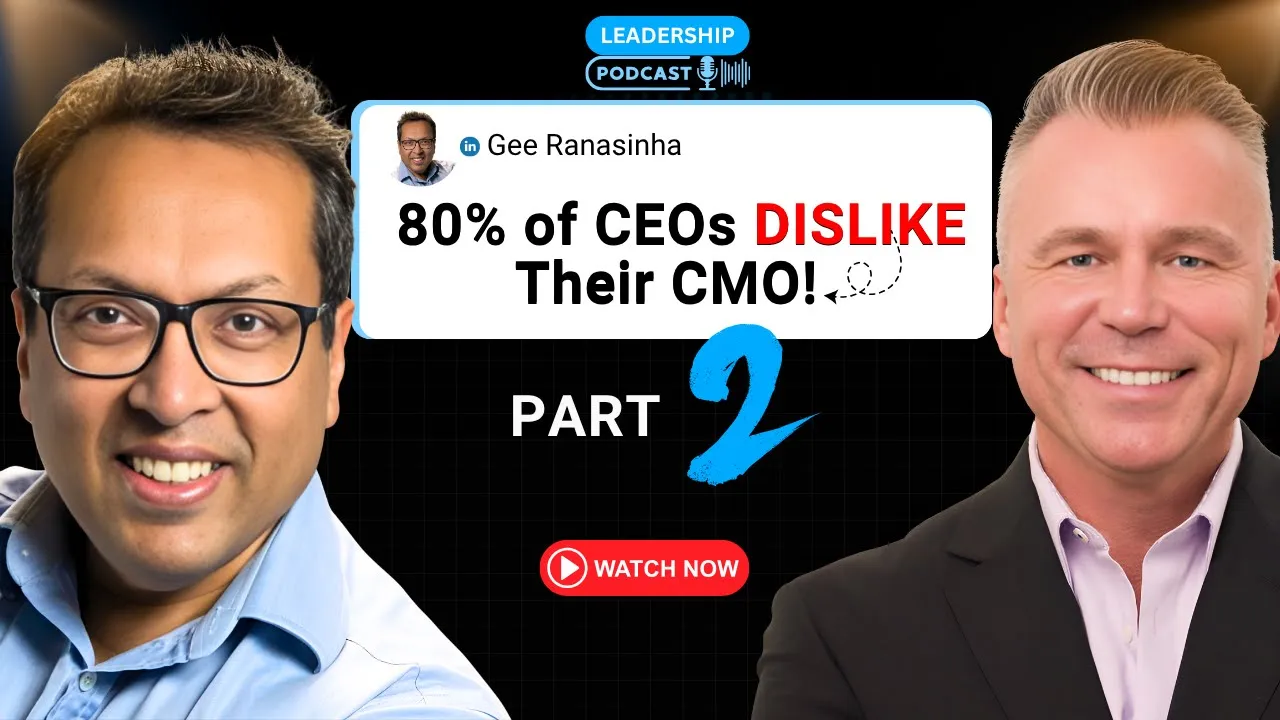Of course, you should be focused on racial, ethnic and gender diversity, but not exclusively—think, too, about disability, upbringing and experience.
All companies are looking for ways to innovate in order to grow profits and marketshare, and competition is as fierce as it’s ever been. Some will grow faster than others—and most of those will have, as part of their secret sauce, diverse teams. That means bringing in employees of different genders and racial backgrounds, certainly, but it also means recruiting people from a range of upbringings and backgrounds.
From small projects to big company decisions, diversity is needed at all levels. But here’s what that really means:
1. Diversity has many faces
Think beyond the typical definition of diversity and see how many different perspectives you can add to your team. I grew up in Poland during the 1970s under communist rule. Life was hard and even though it was only 10 years of my life, it had a major impact on the leader I am today. Growing up in a world of scarce opportunities has made me more efficient in finding them, and my mother’s struggle to keep us fed in that environment now fuels my work ethic and drive. These perspectives have become my personal assets that not every company has. They are one lens in a diverse range that my company employs.
Age, upbringing, even personality types should be diverse. Some people are highly creative while others are analytical. A team of 10 creative people might throw out 5,000 ideas, but with nobody analytical to critique them, they may not be able to narrow their ideas down to one. Both are very positive traits on their own, but together, they bounce off of each other and complement one another for more critical thinking and better decision-making.
2. Diversity unites
As long as every group within a company is diverse—from the boardroom to customer service—the larger team you create will be united. Of course, this depends on hiring open-minded people capable of leaving their egos at the door. Look for people who have experienced unique ways of handling situations, but understand that no one way is the absolute right way.
When everyone is diverse, no one is excluded. Each team member knows that everyone else is bringing a unique point of view to decision-making and that theirs is as equal an asset to the discussion as anyone else’s. They feel valued and come to the table wanting to contribute towards the company’s greater good, even when that means going with another person’s idea. A diverse team unites around their diversity, and a united team can overcome anything.
3. Diversity multiples capacity
The more diverse the aspects of life among a group of people, the more capable that group is of overcoming adversity. Each upbringing comes with a unique way of managing a diverse set of struggles. When you open yourself to inviting a broad range of diversity in approach and decision-making onto your team, you find yourself with people who have different ways of handling every situation. A diverse team therefore will offer more diverse methods of overcoming problems, and through critical discussion will evaluate the best option for each situation.
People who grew up with money, for example, might suggest raising more money when it comes to overcoming a financial struggle because, having always had it at their disposal, this seems easiest to them. Someone who has always bootstrapped themselves and found ways to grow, on the other hand, will come up with different creative ways to solve the same problem. Just as a fish surrounded by water its whole life will never really appreciate the ocean, outside perspectives bring vast opportunities to a business.
Fill your company with diverse ways of thinking and discover the wealth of knowledge that comes with it. Think gender, race, ethnicity, religion, age; but also think disability, upbringing and experience. The true definition of diversity is having so many different perspectives that between everyone, you can find a way to accomplish anything.









